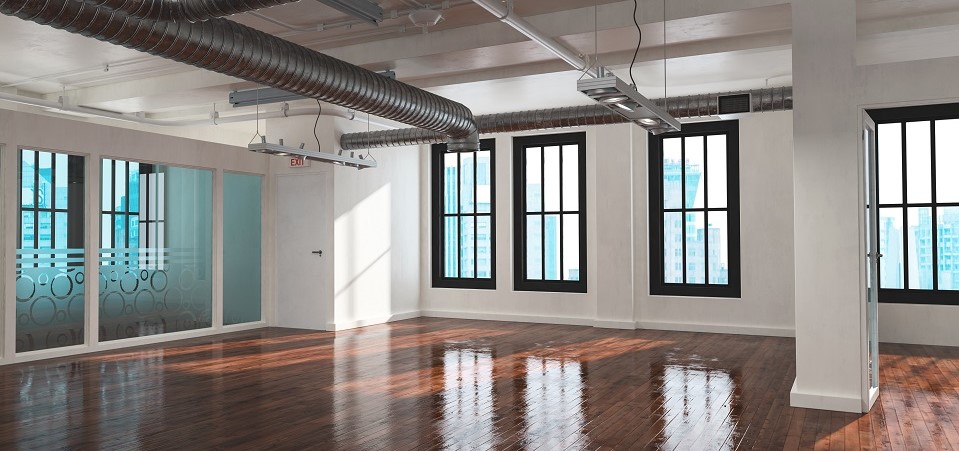During last year’s Covid-19 pandemic, a range of measures were passed by Government to protect tenants in the commercial sector from eviction for unpaid rent.
The Government has now published a draft Bill to unwind this protection, while balancing the needs of commercial tenants and landlords.
Eleanor Longworth, associate solicitor, WHN Solicitors answers key questions on what is known about the Bill so far and what it could mean for both parties in a dispute.
What has been announced?
Following an initial announcement in June, the Government has published the first draft of the Commercial Rent (Coronavirus) Bill, with the aim of it being passed by 25 March 2022. It was accompanied by a new Code of Practice for commercial property relationships following the Covid-19 pandemic, which came into force on 10 November 2021.
What is the objective of the Bill?
The aim of the Bill is to enable relief from payment of certain rent debts due from tenants to landlords under business tenancies adversely affected by coronavirus to be resolved through arbitration if they cannot be resolved by agreement.
What does the Bill apply to?
The Bill is to apply to unpaid rent, service charge and insurance arrears, accruing under business tenancies during a period of forced closure during the pandemic. It is not intended to apply to businesses that decided to close of their own volition.
What periods does it apply to?
It will apply to arrears accruing from 21 March 2020 and for most business sectors in England this will run to at least 12 April 2021. For hospitality and nightclubs, personal care, hairdressers, hotels and B&Bs in England, this will apply up until 18 July 2021.
What remedies are available to landlords between now and the Bill coming into effect?
The current restrictions, relating to forfeiture for non-payment of rent and commercial rent arrears recovery (CRAR) are to remain in place until 25 March 2022 and for winding up petitions until 31 March 2022.
WHN outlined these in a recent article on current commercial tenant rent arrears restrictions.
What happens when the Bill comes into effect?
A moratorium will remain on forfeiture, CRAR and winding up petitions for the protected rent arrears from 25 March 2022 until an arbitration award is granted or the arbitration deadline expires, without an application for arbitration being made.
The deadline is anticipated to be within six months of the Bill coming into effect.
The restrictions are also likely to apply to debt proceedings and potentially retrospectively, with the effect being that if a landlord issues proceedings to recover protected rent or attempts to enforce a judgment relating to protected rent on or after 10 November 2021, the parties can apply for a stay to allow for the dispute to be resolved outside of the Court forum, for example, by arbitration.
The Bill is also expected to restrict a landlord’s ability to draw down on rent deposits in satisfaction of protected rents arrears.
What is the statutory arbitration process?
The Bill introduces an arbitration process for commercial landlords and tenants in England and Wales, that have not already reached an agreement. It is currently envisaged that the parties will have six months from the Bill coming into effect to apply for the arbitration scheme.
The process is expected to start by one party notifying the other that they intend to engage in arbitration and putting forward settlement proposals. If settlement is not achieved, ether party can then apply to have this determined by arbitration.
The tenant will be expected to show why they cannot afford to pay the protected rent and put forward future proposals for payment.
What is contained in the new Code of Practice?
The Code of Practice for commercial property relationships following the COVID-19 pandemic replaces the original code from June 2020, as updated in April 2021.
It is to be read in conjunction with the Bill and provides guidance on how landlords and tenants are expected to approach disputes surrounding COVID-19 related rent arrears.
How will the bill affect the resolution of commercial rent disputes?
The Government has sought to balance the interests of landlords and tenants throughout, with the aim of enabling as many tenants as possible to survive the pandemic. In practice, this has meant that landlord remedies have been and remain restricted. However, it is clear these restrictions are slowly being watered down.
For commercial landlords and tenants unable to reach an agreement, the statutory arbitration process could provide an affordable and relatively quick means of determining a dispute over protected arrears. However, some will see the Bill as an attempt to interfere with contractual certainty and will see it as yet another hurdle put in the way of enforcing lease obligations. As with any draft legislation, how effective it is in practice remains to be seen.
Eleanor Longworth is associate solicitor at WHN’s Bury office. She specialises in commercial property and long leasehold dispute resolution, acting on behalf of landlords and tenants, ranging from small tenant businesses to large-scale landlords and investors.
If you need help with a commercial tenancy dispute, our specialists are here to help. Please contact Eleanor on 0161 761 8082 or by email eleanor.longworth@whnsolicitors.co.uk.













